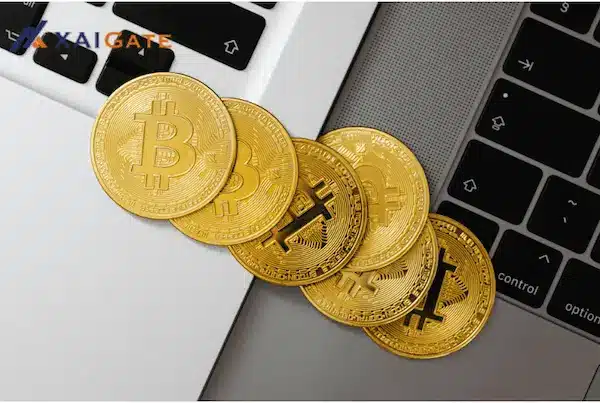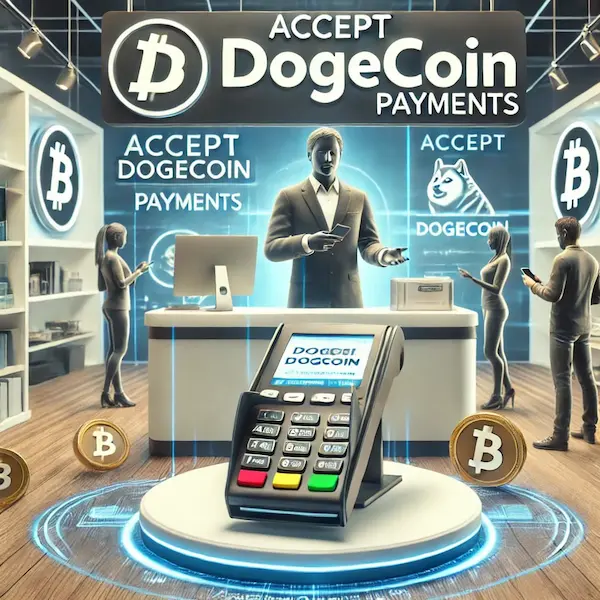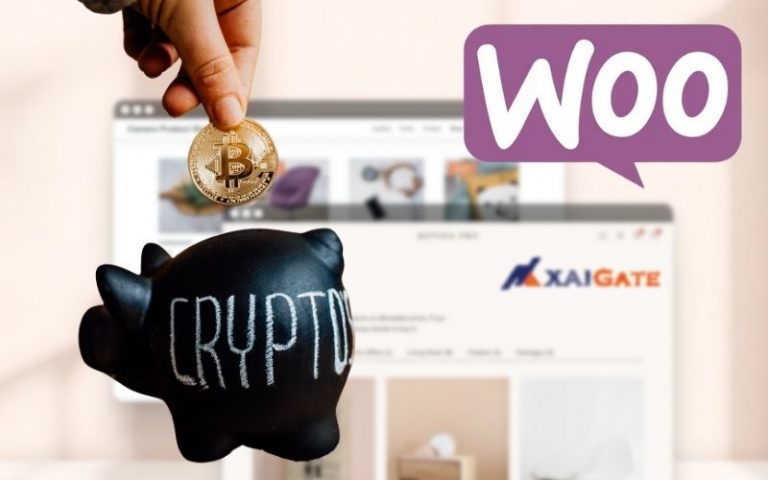A crypto payment gateway allows your business to access over 560 million users all over the world, but not all solutions can help you attract many customers. You need the most suitable one among crypto payment processors. In this article, we provide you with an ultimate guide to choosing a crypto payment processor and the comparison table to choose easier.
Contents
What are crypto payment processors?
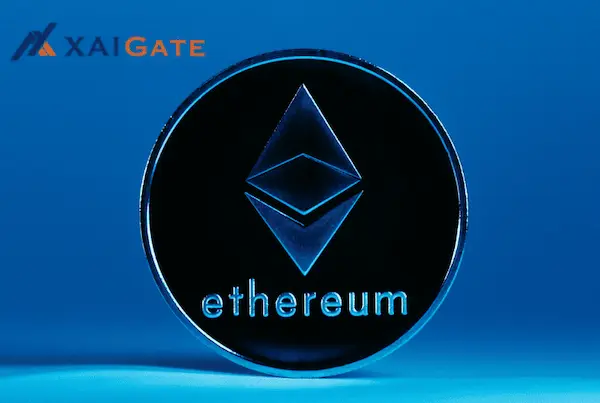
Imagine you’re running an online store and your customer wants to pay for their order with Bitcoin or Ethereum. As a merchant, how can you handle that crypto transaction safely and smoothly? That is where a crypto payment processor comes in!
A crypto payment processor likes a middleman that makes it easy for businesses to accept cryptocurrencies as payment for goods or services. It ensures the transaction is secure, fast and hassle-free. Some processors even allow you to convert crypto payments into fiat currencies such as USD or EUR instantly, so you don’t have to worry about holding onto volatile cryptocurrencies. They can work for online stores (think e-commerce websites) or in-person shops with physical point-of-sale (POS) devices, so they make crypto payments as simple as accepting a credit card.
How to choose the best crypto payment processors for your business?
Understanding the fees (no hidden surprises)
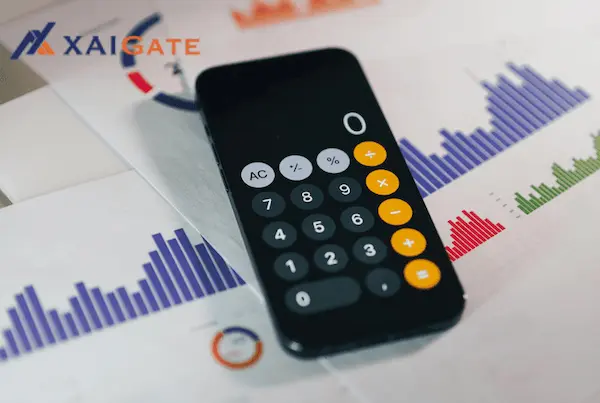
Nobody likes unexpected costs, so pick a processor that’s transparent about all fees to avoid surprises. For example, watch out for hidden costs like exchange rate markups when converting crypto to fiat currency.
Let’s start by checking how the processor charges. Most crypto payment processors take a small percentage of each transaction (usually 0.5%-3%) plus a flat fee. Some providers offer discounts if you process large volumes. Thus, let’s ask about that if your business is growing fast. Moreover, your customers may need to pay a network fee based on the blockchain’s congestion.
Check processing and settlement times

Crypto transactions are usually super fast, but blockchain traffic can cause slight delays. A great processor uses multiple blockchains to keep things speedy and might even guarantee payments before blockchain confirmation. This means that you can almost get funds instantly.
If you want to convert crypto to fiat (like USD or EUR), the settlement time depends on the processor’s banking partnerships. Look for one with quick conversions and reliable banking connections to ensure you’re not waiting days for your money.
Look for easy setup

Nobody wants a complicated setup process. Thus, many processors offer low-code options like hosted payment pages which are quick to integrate and optimized for sales. If you are a tech-savvy business wanting a custom payment experience, check for robust APIs and clear developer guides.
What are your existing tools: e-commerce platforms, accounting software or POS systems? Make sure that the processor’s solution plays nice with it and the provider can offer support during setup.
Prioritize the customer experience
Your customers expect a smooth crypto payment process, so it’s best to choose a processor with user-friendly payment pages. For the best conversion rates, look for features such as:
- Easy wallet connections to reduce hassle
- Support for various blockchains, especially the fastest and cheapest ones
- Create built-in wallet for new crypto users
Support customers greatly
Signing up is easy, but what happens when you hit a snag? Therefore, you need a processor that offers responsive support like dedicated account managers or 24/7 technical help. For instance, asking about their onboarding process helps you recognize how they will support you long-term. Don’t forget to check their operating hours to ensure they match your business needs, especially if you are in a different time zone.
Ensure compliance and security
Crypto regulations are always changing. If you don’t want to get caught off-guard, you need to pick a processor with a strong compliance team that stays on top of global rules. Look for providers authorized in regions with strict regulations, as they’re likely to have solid risk controls.
Your processor should also have robust security measures, like thorough customer checks and regular independent audits, to protect your business and your customers.
Compared crypto payment processors in 2025
| Processor | Crypto | Transaction volume | Fee | Main services | Regulatory licenses | Why choose them? |
| BVNK | 13 | $12B annualized | Not stated | Payments, fiat accounts, stablecoin payouts, multi-currency wallets | +15 global licenses (UK, EU, US, Spain) | Seamless bridge between crypto and fiat with robust compliance for global businesses |
| BitPay | 16 | $5B (10M transactions since 2011) | 1–2% + 25¢ | Payments, billing, payroll, wallets | Multiple US licenses | Easy setup, new customer reach and low chargeback risk for businesses of all sizes |
| BTCPay Server | 1 (Bitcoin) | Not stated | None (self-hosted) | Payments, wallets, invoicing | Not stated | Free, self-hosted solution perfect for Bitcoin enthusiasts and small businesses |
| Coinbase | 10 | $92B (last quarter) | 1% | Payments, invoicing, custom checkout, wallets | US, UK, EU, APAC licenses | Fast setup and global reach with trusted brand reliability |
| CoinGate | 70 | 3.8M transactions since launch | 1% (payments), 0-8% (others) | Payments, trading, billing | Not stated | Wide crypto variety and flexible fiat conversion for e-commerce |
| CoinPaid | +20 | $23B (41M transactions) | 0.8% | Payments, exchange, wallets | Estonia license | Instant fiat conversion and low fees for high-volume businesses |
| Coinremitter | 12 | 12.64M transactions | 0.23% | Payments, invoicing, wallets | Not stated | Low fees and fast secure transactions for cost-conscious merchants |
| CryptoPay | 16 | Not stated | ~1% | Payments, exchange, bulk payouts | Not stated | Flexible solutions for businesses needing custom or ready-to-go options |
| NOWPayments | 50 | Not stated | 0.5-1.5% | Payments, billing, POS terminals | Not stated | Easy integration and wide crypto support for small to large stores |
| XAIGATE | +9800 | Not stated | 0.2% (up to 500 transactions/month), 0.15% (Premium plan) | Payments, wallets, e-commerce plugins | Not stated | User-friendly, secure, and cost-effective with global reach and 24/7 support |
Which crypto payment processors are suited to your business? To answer this question, you need to consider many aspects such as fee, processing and settlement times, easy setup, user-friendly features, easy connection, great support and good compliance and security.
FAQs – Guide to Choosing Crypto Payment Processors
1. What makes a good crypto payment processor for e-commerce?
A reliable processor offers low transaction fees, strong security, multi-currency support, and an easy integration (e.g. plugins or API), ensuring smooth checkout and minimal hassle.
2. What are the typical fees to expect from crypto payment processors?
Most processors charge a small percentage per transaction (usually 0.2–1%), and some may add blockchain network fees; always choose one with transparent fee structure.
3. How important is KYC when selecting a crypto payment gateway?
KYC (Know Your Customer) matters for compliance—some processors offer optional or no-KYC setups, which is great for privacy, but you should always check your local regulations.
4. Can I accept multiple cryptocurrencies with one processor?
Yes. Many top processors support major coins like BTC, ETH, USDT, and stablecoins, plus tokens across multiple chains—giving customers more payment options.
5. How do I ensure the processor is secure?
Look for non-custodial models (funds go straight to your wallet), two-factor authentication, SSL encryption, and fraud detection to keep payments safe.
6. Should I choose a plugin or API integration?
If you use platforms like WooCommerce or Shopify, plugins are fast and easy. For custom setups, an API offers flexibility—choose based on your tech needs.
7. What if I need to convert crypto to fiat automatically?
Some processors provide automatic fiat conversion to currencies like USD or EUR at checkout, which helps reduce volatility risk and simplifies accounting.
8. How do processors handle price volatility during checkout?
Good processors lock in the exchange rate at the moment of payment or support stablecoins, insulating both you and your customer from sudden price swings.
9. Can I use customer-friendly features like QR codes or mobile pay?
Yes. Modern processors often include QR code generation and mobile-friendly checkout UIs to make payments fast and intuitive on any device.
10. What kind of support should I expect from a processor?
Choose processors that offer 24/7 support, clear documentation, sandbox testing environments, and quick onboarding—so you can resolve issues and go live smoothly.

